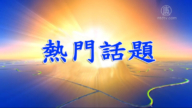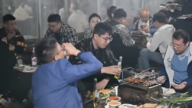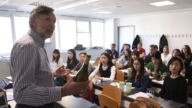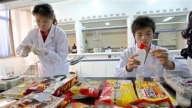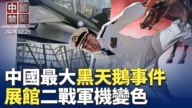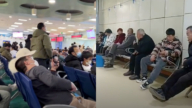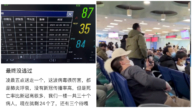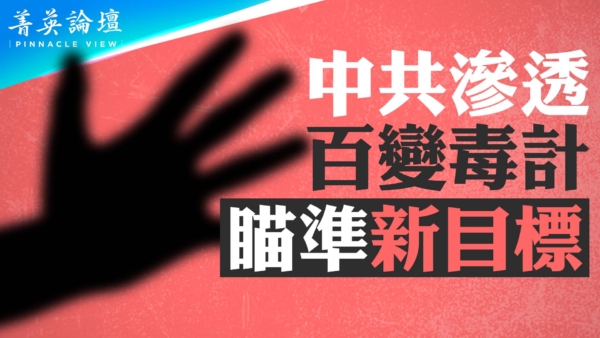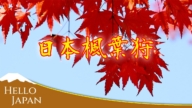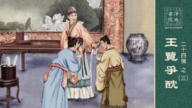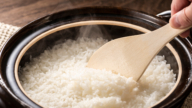【新唐人2013年04月18日訊】大陸新聞出版廣電總局近日宣佈加強媒體管理,包括新聞單位不得擅自使用境外媒體資訊、新聞編採人員設立職務微博要報備批准等。消息一出,網友驚呼「習李蜜月期要結束了」、「微博反腐的大門要關了」。大陸媒體人士分析,這是中共黨內派系鬥爭的表現,還有觀點指出,中共的新聞審查從未放鬆過。
大陸新聞出版廣電總局近日下發了《關於加強新聞採編人員網路活動管理的通知》。《通知》要求,各類新聞單位未經批準不得擅自使用境外媒體的訊息;加強審核新聞網站內容及管理新聞編採人員網路活動;禁止承包、出租或轉讓網路新聞編採業務;無新聞記者證不得以網站名義採訪或發稿。此外,新聞單位設立官方微博、新聞編採人員設立職務微博均須主管單位批准。
長城抗戰網主編賈元良表示,這個《通知》的下達是一個不太好的現象,這預示著又要對新聞進行管控了。但是他覺得,這種做法不符合目前形勢的發展。
長城抗戰網主編賈元良:「現在本身已經是互聯網時代了。公眾對一個事件有知情權,媒體有它的報導權。這是一個雙向的,這是一個互動的。國內的這種新聞報導或者公眾知情權是任何人都封殺不了的,除非把互聯網斷掉,那這樣的話我認為可能會引起更大方面的反彈,也會引起公眾對新聞知情權的強烈不滿。」
《法國國際廣播電臺》報導,此前不久,中共陝西省委宣傳部常務副部長任賢良在《紅旗文稿》上刊文,呼籲嚴管網路自媒體,將「黨管媒體」與「黨管軍隊」相提並論,列為維持中共通知的「原則底線」,引起民間廣泛議論。
新聞出版總署的這份《通知》,事實上很大程度上將任賢良對網路,尤其是對社交媒體微博的管制的建議付諸實施。
還有網友評論說,這可能預示著習李新領導人的蜜月期結束,今後言論要收緊了。賈元良則認為,這個動作可能反映出中共高層的權力鬥爭。
賈元良:「我認為出臺這樣一個通知,可能還是體現了體制內內部鬥爭的一個傾向。歷來中共體制內對輿論宣傳存在著一個是開放,另一方面存在要管控要收緊這樣的針鋒相對的爭鬥。現在發出這樣一個通知,可能管控派又暫時佔了上風。」
原《人民日報》記者,現任中國洞察事務監督網主編光遠則認為,這是當局一貫的做法,中共實際上從1949年到現在,對新聞的審查制度一直沒放鬆過。
中國洞察事務監督網主編光遠:「兩個方面。第一個,它(中共)實際上對境外的一些媒體,它管控,管控不了了。因為他(民眾)通過互聯網可以看到很多的消息。第二個,它要管控自己的紙面媒體,自己的網站,要一定聽從命令聽指揮,按照它的統一部署來做。它總的就是說,你們不要相信國外的東西,要聽政府傳達的東西。」
此前,《人民日報》4月14號在一版刊發報導《新聞人要做共圓中國夢的建設者》,被認為是為新一波的輿論管制防風造勢。文章指責市場化媒體[對正面報導和成就宣傳漫不經心、三言兩語帶過,對負面新聞、八卦消息卻一擁而上」。
《法廣》評論說,一場對所謂「短平快」揭醜曝光和「憤青式」新聞評論路線的市場化媒體的圍剿運動正在部署中,而對媒體人的網路言論,尤其是微博言論的管制,可能正是重中之重。
採訪編輯/秦雪
China’s New Media Supervision Regulation
Recently, China’s media regulator announced
that it will strengthen the supervision on media.
It said that media work units aren’t allowed to quote
foreign media coverage without authorization.
If an editor wants to open a microblog for work,
he will need to have an official approval.
Netizens responded quickly,’Xi-Li’s ‘honey moon’is over,’
‘the microblogging’ anti-corruption door is closing,’ etc.
Experts think this indicates that struggle within
the Chinese Communist Party (CCP) is intensifying.
Some remarked that CCP’s censorship
had actually never eased up.
China’s General Administration of Press, Publication,
Radio, Film and Television had issued a new regulation.
It is called, “Notice regarding supervision
of news editors’ reporting on foreign media coverage."
The Notice says, “The media work units
can’t use unauthorized foreign news products;
the censorship on news websites and supervision
of editors’website news reports must be strengthened;
interviewing or publishing reports
without media accreditation is not allowed."
In addition, media’s official microblogs and news editors
personal blogs should be verified by their company.
Gu Yuanliang, editor-in-chief of a website,
said the Notice isn’t a good sign.
It attempts to control press content further. Gu believes
this move would be difficult to realize at the current situation.
Gu Yuanliang: “We live in a social network’era. The public
has the right to know the truth, and the media to report it.
This is a two-way approach,
a form of interaction.
No one can block news reporting,
or freedom of information in the Mainland.
The only way to stop these is to cut off the Internet;
but I think people will be greatly against it.
The public will be furious
if they lose their right to information."
Radio France Internationale (RFI) reported that not long ago,
Ren Xianliang, a propaganda official, published an article in the Red Flag magazine.
He urged for a stricter control of the Internet media,
and that the Party should control the media and military.
His words triggered public’s controversy.
The Notice actually puts Ren’s suggestion into effect,
particularly in regards to the microblogs’control.
Netizens said, this indicates that the new Xi-Li’ ‘honey-moon’
is over, and that the freedom of expression will be tightened.
Gu Yuanliang believes, this move may reflect that power
struggling among CCP’s top-level is intensifying.
Gu Yuanliang: “I think issuing this Notice reflects
the situation of struggling within the CCP system.
In the history, the CCP system had always two opposing
opinions on publications: for openness and for tight control.
Now they issued such a Notice, maybe meaning
the faction that insists on control had won."
Guang Yuan, a former People’s Daily reporter,
believes this is Chinese regime’s common practice.
Actually, since 1949, the CCP has never eased
on its news censorship.
Guang Yuan: “There are two aspects: firstly, the CCP can’t
control foreign media even if they want to, as netizens can read a lot of information via the Internet.
Secondly, the CCP wants to control state-owned newspapers
and websites, their media must obey CCP and do what it tells.
Generally, the CCP wants the public to listen
to the government and not the foreign coverage."
Prior to this, on April 14, People’s Daily
published an article in a full page.
It said,"Journalists should be builders
in achieving China’s Dream."
It was considered a propaganda effort
to prepare a new censorship move.
The article also blames that media
has become too market-oriented.
It said, “Positive issues and achievements
are reported casually and with a few words;
whereas the negative and gossip’news
everyone is rushing to cover."
RFI said, the so-called “short-term" exposing corruption
and market-oriented online news are facing attacks.
For news editors, their online posts, particularly
on microblogs, are the top priority for control.


